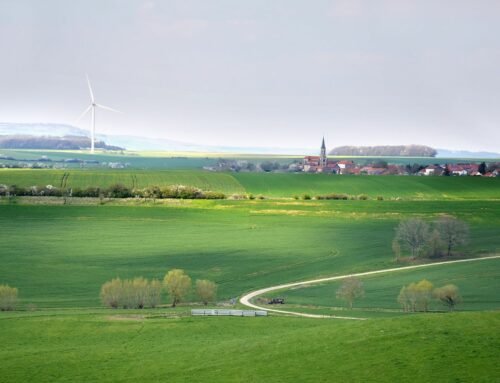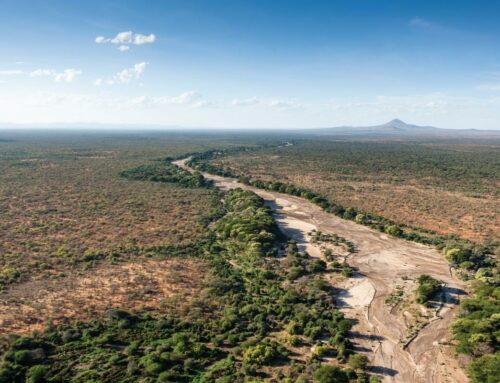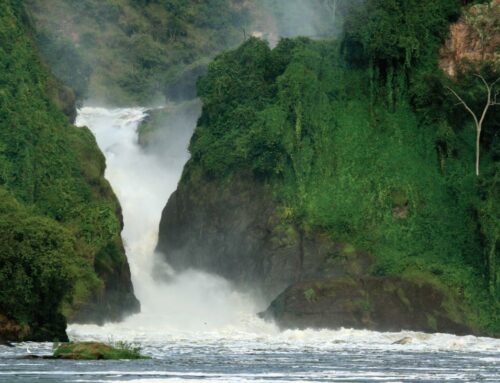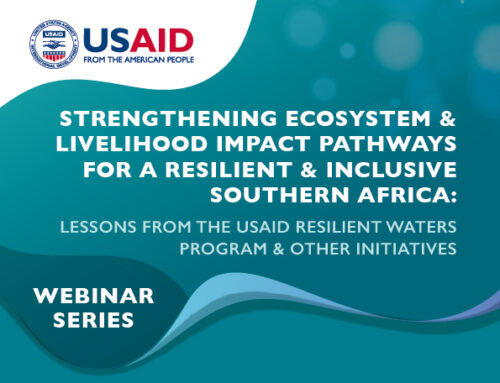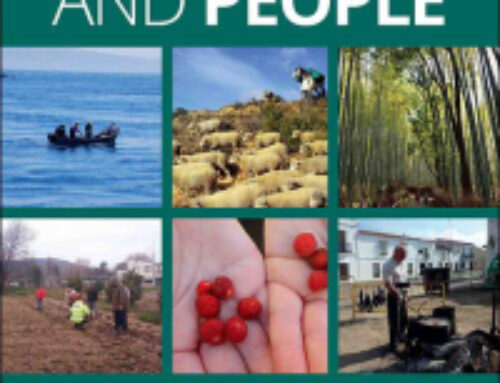Background
Herding 4 Health (H4H), a Partnership Programme between Conservation International and Peace Parks Foundation, is a community development-oriented rangeland health and conservation initiative that works with communities on what is central to their livelihoods: the production of cattle and other livestock. Much of this production occurs where wildlife exists. H4H adopts the One Health framework within landscapes that encompass large socio-ecological systems. H4H focuses interventions on four core spheres: policy & governance, animal management (wild and domestic), people, and their livelihoods, and rangelands.
Over the past five years H4H has expanded to include 18 sites across 6 countries in southern and East Africa, and there is wide interest for the adoption of this programme more broadly.
The Opportunity
With the rapid expansion of H4H there is an exciting opportunity for a PhD candidate to investigate the individual and community level benefits and perspectives of this program. The candidate will have the opportunity to travel to several African H4H sites (eg. South Africa’s greater Kruger National Park region, Mozambique’s Limpopo National Park, and Zambia’s Simalaha Community Conservancy) and perform fieldwork with a myriad of human communities (including face to face interviews, and participatory group discussions). This PhD is a partnership between the H4H program of Conservation International, Peace Parks Foundation, and Dr Duan Biggs. The PhD will be based at Dr Duan Biggs’ growing applied research group at Northern Arizona University. More information on Dr Biggs’ research group can be found at: ResilientConservation.org
Objectives of the PhD
This PhD will aim to understand and measure the social and psychological benefits experienced by community members that are part of communities where H4H is implemented.
Research objectives and questions include but are not limited to:
- What are the benefits to communities in terms of individual self-realisation, empowerment (including women and youth), specifically:a) How have attitudes changed towards rural livelihoods, including herding and farming professions with H4H presence?
b) How do perceptions differ between individuals employed in H4H (e.g. professional conservation herders), and those that are not? - What are the social cohesion, governance, and community benefits in the areas (and communities) where H4H is implemented?
- What are the community perspectives and concerns over livelihood resilience and sustainability, specifically:a) How is resilience and sustainability defined by communities in H4H landscapes?
- How has H4H impacted community attitudes and perceptions towards wildlife?
- What are the implications for H4H, in particular for the development and implementationof novel mechanisms to deliver benefits to communities that play a stewardship and conservation role?
The PhD candidate will focus on communities where the H4H program has been operating for numerous years, as well as those where implementation has only recently begun.
The successful candidate will have the opportunity to work with programme partners and guide this research to develop other questions, and directions for the PhD,. The candidate will work with their supervisory and H4H team, and relevant implementing, and science partners.
As H4H is being implemented in southern and east Africa, and various levels of scope and extent, the successful candidate’s research will be focussed in these regions. Moreover, the successful candidate will be expected to present the findings of their research and its relevance to relevant groups in the ranching community on the Colorado Plateau and the US Southwest.
The successful candidate will work closely under the supervision of Associate Professor Duan Biggs and co-supervision from scientist/s in H4H and will engage closely with H4H partners in southern Africa.
The relevant PhD coursework as stipulated by NAU will be required. The amount necessary depending on previous qualifications.
Contribution to Lab group, School, and University
- The candidate will be expected to contribute to the activities and functioning of the Dr Biggs’ Resilient Conservation applied research group (resilientconservation.org), as well as participate in graduate activities of the School of Earth and Sustainability at NAU. The lab is highly collaborative, features an interdisciplinary team and is rapidly growing.
- This PhD will be partly supported by a Teaching Assistantship, and the successful candidate will be expected to work as a Teaching Assistant during a part of their PhD.
Selection Criteria for the Candidate
Essential requirements
- A Masters, Honours, or equivalent undergraduate degree in Environmental Social Science, Community Development, Ecological Restoration, Agricultural Extension, Development Studies, or other relevant fields.
- Knowledge and competence of conducting mixed methods social science research including quantitative and qualitative data collection.
- Knowledge and competence of conducting quantitative, and qualitative data analyses using packages such as R, SPSS, and NVivo.
- Ability to conduct interviews and participatory group discussions in rural settings, with indigenous people, and rural communities especially in lower- and middle-income countries.
- Willingness to spend the necessary time in the field in southern or east Africa, often in remote wilderness areas.
- Strong writing skills in English.
The candidate will be registered at Northern Arizona University, Flagstaff, Arizona, USA, and spend significant amounts of time in southern and/or east Africa.
Additional Requirements (desirable)
- Demonstratable experience in conducting mixed methods social science research including quantitative and qualitative data collection
- Demonstratable experience working with communities in rural areas in lower income countries.
- Experience working in lower- and middle-income countries, especially southern and east Africa.
- Second language skills beyond English, especially in Portuguese, Swahili, or another regional language.
- Publication record in the peer-reviewed literature.
- Fund-raising track record.
Stipend/Salary
The 12-month stipend for this PhD will be USD28000 over four years subject to adequate progress. Tuition and medical benefits will be fully covered. Funding for this PhD, including field work is in place, but the successful candidate will be expected to apply for additional funding and grants (eg. National Science Foundation, Explorers Club, National Geographic Early Career Grant etc.).
Immigration support
International candidates are welcome to apply. NAU’s Centre for International Education can assist an international candidate with immigration visa procedures if selected.
To apply
To apply, please send an email to H4Hrangelandconservation@gmail.com in a single PDF or MS Word document that includes:
- CV/Resume.
- A 1-2 page personal statement of why you are interested in this position, how youraccomplishments meet these requirements, and your willingness to pursue aninterdisciplinary graduate degree.
- A statement against the selection criteria (both essential and additional) of 3-4 pages.
- Masters and Bachelors and/or Honours degree transcripts (scanned copies will do, butofficial ones will be needed for the formal application to Northern Arizona University).
- Names and emails of three references. These will only be contacted for short-listedcandidates.
It is strongly recommended that you apply as soon as possible. Unfortunately, we cannot provide individual feedback on any applications. We will run interviews on a rolling basis and when particularly strong applications come through we reserve the right to make offers early.
Applications will be reviewed by relevant academics at NAU and project partners at Conservation International. Review of applications will begin on 10 November 2022 which is the initial closing date.
The position is open until filled.
Any questions on the application or position should be addressed to Duan Biggs
duan.biggs@nau.edu, and please clearly indicate in the subject line Inquiry on PhD application for H4H.
Start date:
The successful candidate is expected to start between January and August 2023 (negotiable).


